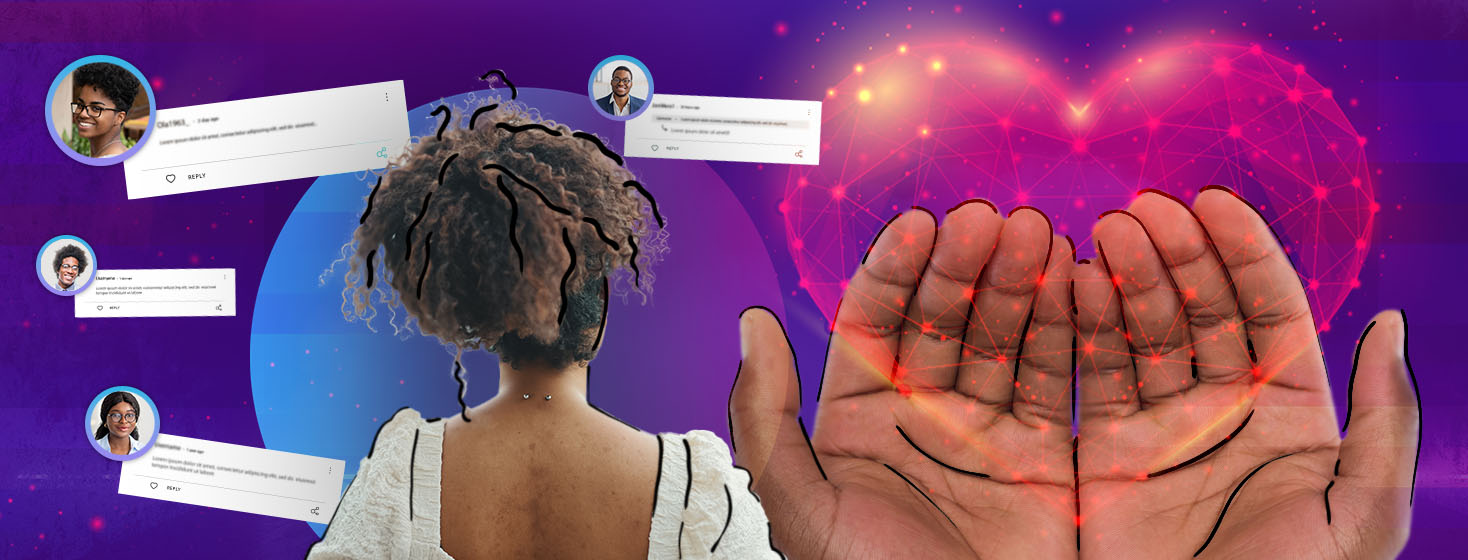Bridging the gap for Black patients
Bridging this gap will require a more inclusive mental health system:
- Increasing the number of diverse therapists: Encouraging more African Americans to enter the mental health profession can help ensure that patients can find therapists who look like them and have shared cultural backgrounds.
- Cultural competency training: All health care professionals must be trained to understand and treat diverse communities’ unique experiences and challenges. Training should include more than superficial cultural awareness and examine generational trauma and systemic racism.1
- Community outreach and education: Education is critical in spreading awareness about the significance of mental health and the availability of culturally competent care among the African American community. A necessary aspect of this is creating and maintaining an open dialogue about mental health and providing accessible and relevant resources.
My commitment to change
I continue to speak out about these problems and advocate for a more diverse mental health care system. I share stories. I lobby for better training and representation. I support efforts to open up the mental health system and make it more accessible and practical for African Americans.
Telling my story and the stories of others who have been silenced brings attention to the need for a variety of voices to be heard in health care. Hopefully, this encourages people to take action to create a more accepting and responsive system. Our mental health is the most essential part of us, and every one of us deserves the opportunity to heal in an environment that enables us to share our personal experiences in ways that feel safe and valued.
Learn more about how Health Union is amplifying diverse voices: https://health-union.com/human-side-of-data/#dei
1Cultural competence in health and human services. Centers for Disease Control and Prevention. Accessed August 27, 2024. https://npin.cdc.gov/pages/cultural-competence-health-and-human-services.




